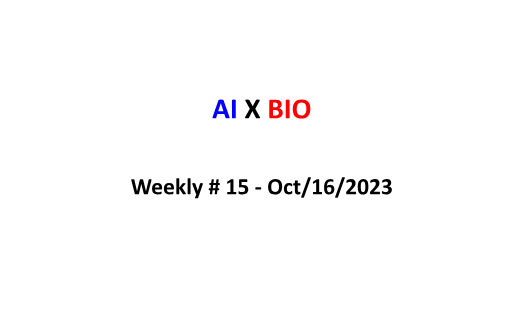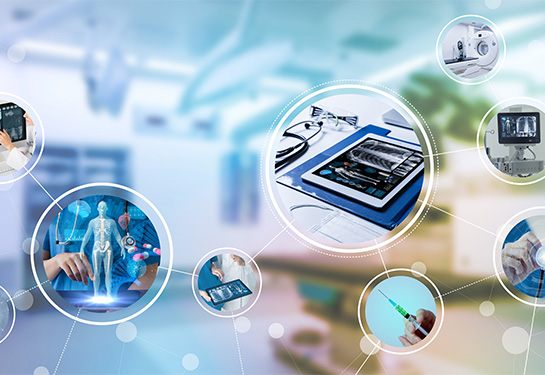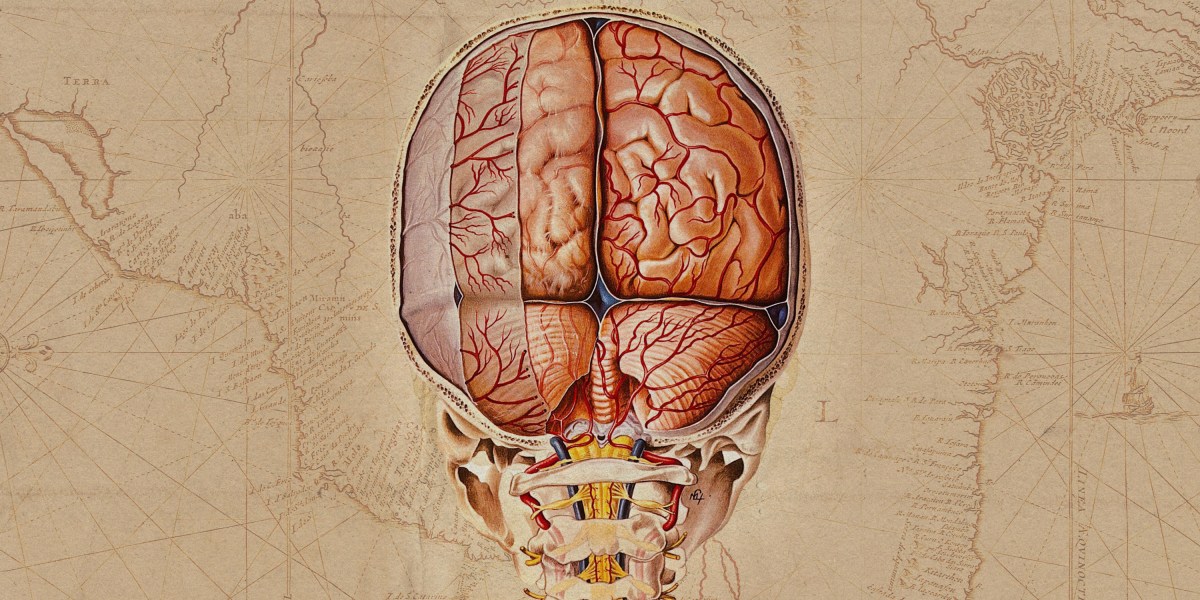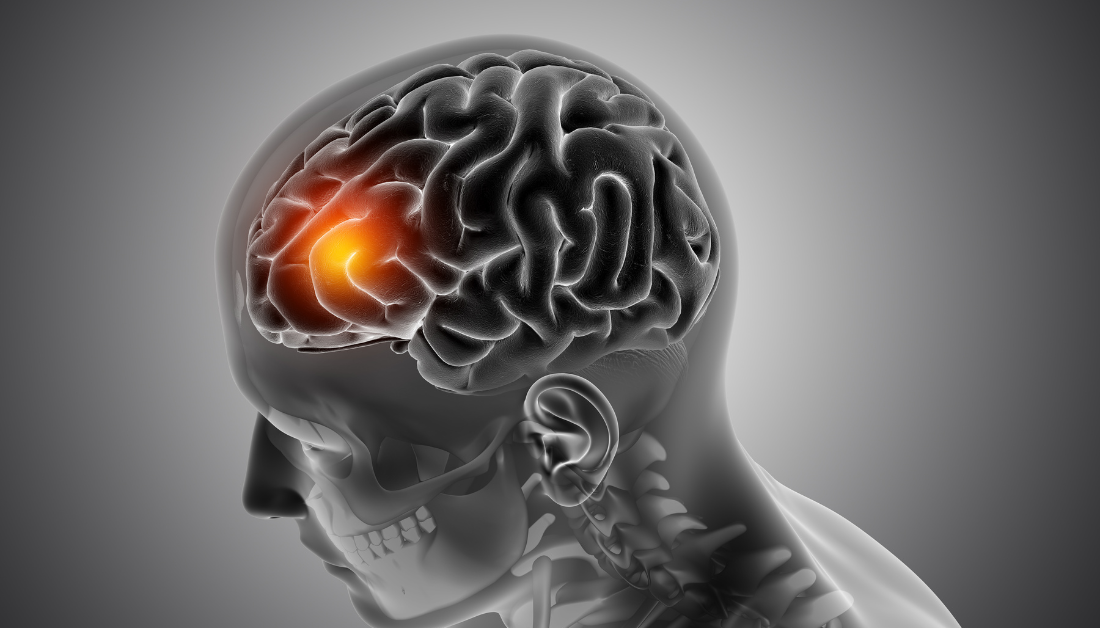- AIXBIO
- Posts
- AIXBIO Weekly #15 - Oct/16/2023
AIXBIO Weekly #15 - Oct/16/2023

Responsible AI
FDA establishes a Digital Health Advisory Committee
To guide on Digital Health Technologies (DHTs) & related policies. Seeking diverse experts to join.
The U.S. Food and Drug Administration (FDA) has announced the establishment of the Digital Health Advisory Committee. This committee is designed to address the rapidly evolving field of digital health, which encompasses a wide range of technologies such as AI, machine learning, virtual reality, wearables, and more. The primary goal of the committee is to support the safe and effective regulation of digital health technologies while fostering innovation in the field.
The committee will provide advice to the Commissioner of Food and Drugs on various issues related to DHTs, including FDA policies and regulations. They will also offer insights into the benefits, risks, and clinical outcomes associated with the use of DHTs. Additionally, the committee may provide guidance on the use of DHTs in clinical trials or post-market studies that fall under FDA's regulation. The committee will consist of nine voting members, including a Chair, all selected by the Commissioner. The FDA is actively seeking members from diverse disciplines and backgrounds to ensure a comprehensive perspective on digital health matters.
Vision, Alignment, Learning, Implementation, & Dissemination
Davis Health Spearheads VALID AI: A Collective Push for Responsible Gen AI in Healthcare
UC Davis Health leads VALID AI, a collective pushing for responsible Gen AI in healthcare. With more than 30 partners, they aim to harness Gen AI's potential responsibly.
UC Davis Health, in conjunction with the entire University of California health systems, is at the forefront of a member-led initiative centered on generative artificial intelligence (Gen AI) in healthcare. This collective, named VALID AI, stands for Vision, Alignment, Learning, Implementation, and Dissemination of Validated Generative AI in Healthcare. It's a collaborative effort designed to delve into the applications, challenges, and best practices of Gen AI in the healthcare and research sectors. The initiative emerges in response to the growing prominence of Gen AI in healthcare, aiming to bridge the existing gap between its potential and its actual implementation. The VALID AI program is built around five core values, aiming to bring the transformative power of generative AI to healthcare organizations and their patients. These values encompass creating a cohesive strategy, aligning with evolving standards, aggregating cutting-edge research, supporting member organizations in integrating Gen AI use cases, and disseminating knowledge on a global scale.
Adoption
Microsoft's and Healthcare:
Data & AI Solutions for Enhanced Patient-Clinician Experiences
Microsoft has highlighted the transformative power of data in the healthcare sector, aiming to enhance health outcomes, patient and clinician experiences, and the overall performance of healthcare systems. With hospitals producing an overwhelming amount of data, a staggering 97% of which remains untapped, Microsoft's goal is to utilize this data for significant clinical and operational advancements. At the HLTH 2023 conference, the tech giant introduced a suite of new data and AI solutions designed to optimize patient and clinician experiences. One of the standout innovations is Microsoft Fabric, a unified analytics platform that now incorporates healthcare-specific data solutions. This platform aims to consolidate data from various sources, such as electronic health records and medical devices, providing a comprehensive view for better decision-making. Additionally, Azure AI services are set to release new capabilities, including AI-powered chatbots and tools for extracting essential medical information. Another notable mention is the Dragon Ambient eXperience (DAX™) Copilot, an AI solution designed to alleviate clinician burnout by automating documentation processes. Microsoft's endeavors in the healthcare domain are further bolstered by the Microsoft Cloud for Healthcare, which offers tailored solutions to healthcare organizations, ensuring they can address their unique challenges effectively.
Google Cloud's Leap into Generative AI: Transforming Healthcare & Life Sciences
Google Cloud & leaders discuss gen AI's role in healthcare. Vertex AI Search introduced for efficient data access. Highmark Health & Hackensack Meridian Health explore AI's potential. Med-PaLM 2 enhances medical discussions
Google Cloud, in collaboration with healthcare leaders, is delving deep into the transformative capabilities of generative AI within the healthcare sector. This technology is not only streamlining operations and assisting clinicians but also accelerating pivotal medical research. One of the standout applications of generative AI is its ability to efficiently provide relevant information, thereby enhancing the operational efficiency of healthcare organizations. At the HLTH ‘23 event, these leaders showcased the latest advancements in AI, emphasizing its foundational role in healthcare and life sciences. A notable introduction was the Vertex AI Search, tailored for healthcare and life sciences, addressing the challenges faced by healthcare workers in extracting insights from clinical data. Highmark Health is pioneering a shift in healthcare experiences, aiming for a seamless journey akin to retail experiences. Their use of generative AI is set to revolutionize member materials and clinician-patient interactions.
Hackensack Meridian Health highlighted their IT modernization journey, transitioning to Google Cloud, which has already resulted in increased agility and security. Their partnership with Google Cloud, initiated in 2021, focuses on leveraging AI tools to enhance both caregiver and patient experiences. Care.ai introduced its Smart Care Facility Platform, aiming to alleviate administrative burdens in healthcare facilities. This platform, integrated with Google's large language models, is set to transform over 1,500 healthcare facilities. Lastly, the introduction of Med-PaLM 2, a medically-tuned large language model, is anticipated to significantly elevate healthcare interactions, facilitating rich discussions and insightful medical queries.
NextGen's AI-Powered Ambient Assist: for Healthcare Documentation
NextGen introduces Ambient Assist, an AI tool capturing patient-provider talks & auto-generating SOAP notes in EHRs. Aims to save providers 2hrs/day & combat burnout
NextGen Healthcare has unveiled its latest innovation, the "NextGen Ambient Assist." This an AI solution is designed to revolutionize the way healthcare providers document patient interactions. By interpreting real-time conversations between patients and providers, Ambient Assist can swiftly summarize appointments and create detailed care plans. One of its standout features is the generation of SOAP notes, a standardized method for documenting patient information, directly into the electronic health record (EHR). This not only streamlines the documentation process but also promises a high degree of accuracy, with the AI-driven technology boasting over 90% precision aiming to give back valuable time to healthcare providers. Research indicates that a significant number of physicians experience signs of burnout weekly, which can compromise patient care. Ambient Assist stands out by not making any medical judgments. Instead, it focuses solely on aiding documentation. Once a provider reviews and edits the note, it's integrated seamlessly into the NextGen Enterprise EHR. The solution will soon be showcased at prominent healthcare events, allowing industry professionals to witness its capabilities firsthand.
While the tool promises efficiency, there might be concerns about patient privacy, especially if conversations are recorded. Additionally, over-reliance on AI might lead to overlooking nuances in patient-provider interactions.
Mana.bio Unveils AI-Driven LNP Platform for Enhanced RNA and Gene Therapies Delivery
Mana.bio leverages AI for its LNP platform, aiming to enhance RNA & gene therapy delivery. With a unique AI-native approach & $19.5M funding, they target unmet medical needs.
Mana bio has made strides in its AI-based lipid nanoparticle (LNP) delivery platform, specifically designed for RNA and gene therapies. This advancement is set to revolutionize the delivery of nucleic acid-based therapeutics and vaccines. The company's distinct AI platform is adept at discovering and fine-tuning LNPs for tissue-specific delivery, a breakthrough in the realm of nucleic acid-based treatments. This innovation has been backed by a oversubscribed seed funding of $19.5M, with prominent investors like Andreessen Horowitz Bio + Health and Technion Institute of Technology showing support. What sets Mana bio apart is its AI-centric approach to lipid chemistry and LNP formulation design. This approach is expected to facilitate the safer and more efficient delivery of RNA and gene therapies to specific tissues in the body, potentially addressing a plethora of unmet medical requirements.
The current state of automation and AI adoption in the UK
The document touches upon the potential of AI and automation in healthcare, emphasizing how it can streamline operations, enhance patient care, and drive innovations in drug discovery and treatment modalities.
Trends
Bessemer Venture Partners anticipate trends in health tech for 2024
Bessemer's report at HLTH 2023 highlights health tech's future & 2024 trends. Despite challenges, optimism prevails. Key trends: Services-as-Software & efficient biopharma
Bessemer Venture Partners unveiled their inaugural "State of Health Tech" report at the HLTH 2023 event. The report provides a detailed analysis of the current state of the health tech sector. Despite facing challenges like market downturns and innovation life cycle troughs, the report remains optimistic about the advancements technology companies are making in healthcare.
The report identifies five characteristics that successful companies will possess: solving critical problems, demonstrating ROI, targeting large markets, having attractive unit economics, and building strong multi-disciplinary teams. Looking forward to 2024, the report predicts several health tech trends. These include the emergence of "Services as Software", where advancements in AI lead to software applications providing services. Another trend is the improvement in revenue cycle management, with software bridging the gap between payers and providers. The report also highlights companies that offer indirect monetization strategies and those that are streamlining the biopharma value chain.
Insider's AI 100 of 2023 highlights pioneers in AI, from builders to thinkers.
State of Ethics and Trust in Technology Report by Deloitte.
Healthcare and tech are colliding in unexpected and exciting ways. Our State of Ethics and Trust in Technology Report dives into ethical standards for emerging health technologies, as discussed by industry leaders
AI & ML in Drug Discovery: Potential, Challenges, and the Road Ahead
Companies believe AI & ML can reshape drug discovery. Challenges like data distribution & lack of provenance exist. FAIR principles aim to improve data management. Human factor & scalability crucial. Managed platform solutions are future.
The article from Drug Discovery Trends discusses the transformative potential of artificial intelligence (AI) and machine learning (ML) in drug discovery and development. While the capabilities of these technologies are vast, from expediting research to managing large datasets, there are significant challenges to overcome. Issues such as distributed data, inadequate foundational structures, and a lack of data provenance can hinder progress.
To address some of these challenges, the FAIR principles were introduced in 2016, aiming to enhance the findability, accessibility, interoperability, and breusability of digital assets. These principles are now being adopted by pharmaceutical companies to streamline R&D processes. However, for AI and ML to be effectively utilized, researchers require real-time access to high-quality data. There are also inherent limitations to these technologies, such as the potential for over-reliance without careful data curation and the need for diverse training datasets to avoid biases. Data governance and privacy remain ongoing concerns. The human aspect, including resistance to change and the need for alignment in decision-making, plays a pivotal role in data management transitions. As the pharmaceutical industry continues to evolve, the emphasis on scalable and consistent data management solutions becomes paramount. The future likely lies in end-to-end managed platform solutions, with companies like Flywheel leading the way in medical imaging AI development
&
The report we’ve worked on over the summer is now live!
Welcome to the State of AI Report, epoch 2023.
— Air Street Capital (@airstreet)
7:17 AM • Oct 12, 2023
Achievements
Unveiling the Mysteries: A Comprehensive Map of the Human Brain
Scientists unveil a detailed 3-D map of the human brain, identifying over 3,000 cell types. This breakthrough, part of the NIH BRAIN Initiative, could revolutionize understanding of diseases like Alzheimer's
Scientists have achieved a significant breakthrough by developing an incredibly detailed map of the human brain. This monumental work, which was first introduced in The Checkup by MIT Technology Review, is a part of the National Institutes of Health BRAIN Initiative. The research has culminated in a set of 21 new papers that provide a comprehensive 3-D map of the brain, offering an unprecedented resolution. This new atlas includes the location and function of more than 3,000 cell types in both adult and developing individuals. Ed Lein, a neuroscientist at the Allen Institute for Brain Science, emphasized that this isn't just an atlas but a pioneering step towards understanding the brain with high cellular resolution. The atlas is a result of the BRAIN Initiative Cell Census Network. This atlas can be instrumental in understanding the basis of various brain diseases. For instance, it can provide insights into Alzheimer's disease by comparing brain maps of affected individuals with the reference atlas.
AI Accelerates Brain Tumor Identification During Surgery: A Leap in Neurosurgery
AI can now identify brain tumor types in just 1.5 hrs during surgery, a process once taking a week. This advancement by UMC Utrecht allows real-time surgical adjustments.
Researchers from UMC Utrecht, in collaboration with the Princess Máxima Center for Pediatric Oncology and Amsterdam UMC, have made a groundbreaking discovery in the field of neurosurgery. They've harnessed the power of AI to identify brain tumor types in as little as 1.5 hours during surgery. Traditionally, this diagnostic process took up to a week, leaving neurosurgeons in the dark about the exact nature of the tumor they were dealing with during the operation. The deep-learning algorithm developed by UMC Utrecht researchers has revolutionized diagnostics, with the capability to pinpoint the tumor type within a mere 20 to 40 minutes.
Resources
UKBiobank is on Github: https://github.com/UK-Biobank Find code and tools to help you to use the resource. The UKB-RAP-Notebooks repository provides helpful and easily followed notebooks to assist new users with using the UKB-RAP: https://github.com/UK-Biobank/UKB-RAP-Notebooks #research #openscience
This repository provides a collection of examples of how to use UK Biobank Research Analyses Platform (RAP). The examples fall into three categories Jupyter notebooks, interactive R/Shiny Apps, and container apps.
The notebooks are also divided into complete analytical workflows which are supported by introductory notebooks outlining basic operations for accessing data on the RAP, and producing data files that are required for specific analyses.
& MoML Conference
📣 REMINDER: The MoML Conference is on Wednesday, November 8! 🗓️
Seats are limited, so be sure to register ASAP! 🚀
moml.mit.edu
#aiforgood#aiforhealth#drugdiscovery#computationalchemistry#therapeutics#machinelearningsolutions#healthcareinnovation
— MIT Jameel Clinic for AI & Health (@AIHealthMIT)
1:09 PM • Oct 14, 2023









